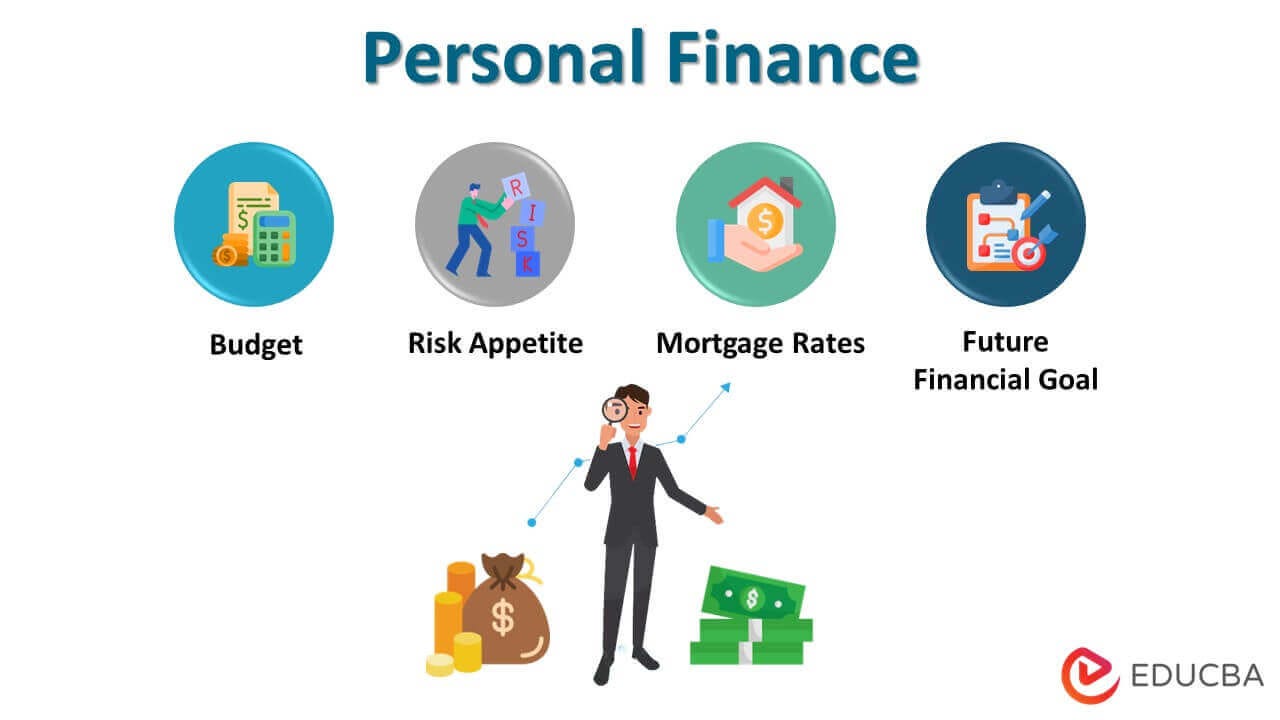Money talks, but what is it saying about our planet’s future? The investment world is experiencing a fundamental shift as millions of investors redirect their capital toward companies and projects that prioritize environmental responsibility and social impact. Sustainable investing has moved from a niche concern to a mainstream financial strategy, fundamentally altering how we think about generating returns while creating positive change.
This transformation represents more than just a trend—it’s a comprehensive reimagining of the relationship between profit and purpose. As climate change accelerates and social inequality persists, investors are demanding that their portfolios reflect their values without sacrificing financial performance. The result is a rapidly expanding green finance sector that promises to reshape global markets and drive meaningful progress on the world’s most pressing challenges.
Throughout this exploration, you’ll discover how sustainable investing works, why it’s gaining unprecedented momentum, and what this means for your financial future. Whether you’re a seasoned investor or just beginning to consider your investment options, understanding this shift could help you make more informed decisions about where to put your money.
What is Sustainable Investing?
Sustainable investing encompasses various strategies that consider environmental, social, and governance (ESG) factors alongside traditional financial metrics when making investment decisions. Rather than focusing solely on potential returns, this approach evaluates companies based on their commitment to sustainable practices, ethical business conduct, and positive societal impact.
The core principle behind sustainable investing is simple: businesses that operate responsibly and address long-term challenges are more likely to deliver consistent, sustainable returns. This philosophy has given rise to several distinct investment approaches, each with its own focus and methodology.
ESG investing represents the most common form of sustainable investing. ESG criteria evaluate companies across three key dimensions: environmental practices (such as carbon emissions and resource management), social responsibility (including labor practices and community relations), and governance quality (covering executive compensation, board diversity, and transparency). Investment managers use these metrics to screen potential investments and build portfolios that align with sustainable principles.
Impact investing takes this concept further by actively seeking investments that generate measurable positive social or environmental outcomes alongside financial returns. Impact investors might fund renewable energy projects, affordable housing developments, or healthcare initiatives in underserved communities. The goal is to create tangible, beneficial change while achieving competitive financial performance.
Shareholder advocacy represents another important aspect of sustainable investing. This approach involves using ownership stakes in companies to influence corporate behavior through proxy voting, shareholder resolutions, and direct engagement with management teams. By exercising their rights as shareholders, sustainable investors can push companies toward more responsible practices.
The Growth of Green Finance
The sustainable investing sector has experienced explosive growth over the past decade, driven by multiple converging factors that show no signs of slowing down. According to industry data, global sustainable investment assets have grown from $13.3 trillion in 2012 to over $35 trillion by 2022, representing more than one-third of all professionally managed assets worldwide.
Climate change concerns have emerged as perhaps the most significant driver of this growth. As extreme weather events become more frequent and costly, investors increasingly recognize climate risk as financial risk. Companies with high carbon footprints or significant exposure to climate-related disruptions face potential stranded assets, regulatory penalties, and operational challenges that can severely impact their long-term profitability.
Generational wealth transfer is also accelerating the shift toward sustainable investing. Millennials and Generation Z investors, who are set to inherit trillions of dollars over the coming decades, consistently express strong preferences for investments that align with their values. These younger investors are willing to accept slightly lower returns in exchange for positive environmental and social impact, fundamentally changing the investment landscape.
Regulatory changes worldwide are providing additional momentum. Governments are implementing disclosure requirements, carbon pricing mechanisms, and sustainability reporting standards that make ESG considerations increasingly important for corporate success. The European Union’s Sustainable Finance Disclosure Regulation and similar initiatives in other regions are creating standardized frameworks for evaluating and comparing sustainable investments.
Corporate adoption of sustainable practices is creating more investment opportunities. Major companies across industries are setting ambitious net-zero emissions targets, investing in renewable energy, and implementing comprehensive ESG strategies. This corporate transformation provides sustainable investors with a growing universe of attractive investment options.
Benefits of Sustainable Investing
Contrary to the historical perception that sustainable investing requires sacrificing returns, mounting evidence suggests that ESG-focused portfolios can deliver competitive financial performance while generating positive external impacts. Multiple academic studies have found that companies with strong ESG practices tend to outperform their peers over the long term, particularly during periods of market volatility.
Risk management represents one of the key financial advantages of sustainable investing. Companies that prioritize environmental stewardship, social responsibility, and good governance practices are often better positioned to navigate regulatory changes, reputation risks, and operational disruptions. By avoiding businesses with poor ESG profiles, sustainable investors can potentially reduce portfolio volatility and protect against significant losses.
The focus on long-term value creation inherent in sustainable investing can lead to more stable returns. Companies that invest in sustainable practices, maintain positive stakeholder relationships, and plan for future challenges are more likely to generate consistent cash flows and maintain competitive advantages over time. This long-term perspective can be particularly valuable for retirement savings and other goals that require steady growth over extended periods.
Beyond financial considerations, sustainable investing allows individuals to align their investment portfolios with their personal values and contribute to positive social and environmental change. By directing capital toward companies and projects that address climate change, promote social equity, and maintain ethical business practices, investors can feel confident that their money is working toward causes they care about.
The collective impact of sustainable investing extends far beyond individual portfolios. As more capital flows toward sustainable businesses and projects, these investments help accelerate the transition to a more sustainable economy. This capital allocation can fund renewable energy development, support innovative clean technologies, and encourage more companies to adopt responsible business practices.
Challenges and Opportunities
Despite its rapid growth and promising potential, sustainable investing faces several significant challenges that could impact its continued development. One of the most pressing issues is the lack of standardized metrics and reporting requirements for ESG factors. Without consistent, reliable data about companies’ environmental and social performance, investors may struggle to make informed decisions and compare investment options effectively.
Greenwashing presents another major concern for sustainable investors. Some companies and investment products may overstate their environmental credentials or sustainability commitments to attract ESG-focused capital without making meaningful changes to their business practices. This phenomenon makes it difficult for investors to identify truly sustainable investments and could undermine confidence in the entire sector.
The performance expectations for sustainable investing create additional pressure. While evidence suggests that ESG-focused portfolios can deliver competitive returns, some investors may have unrealistic expectations about outperformance. If sustainable investments fail to meet these heightened expectations during market downturns, it could lead to reduced interest in the sector.
However, these challenges also represent significant opportunities for innovation and growth. The development of standardized ESG metrics and reporting frameworks could improve transparency and make sustainable investing more accessible to a broader range of investors. Technology solutions, including artificial intelligence and satellite monitoring, are emerging to provide more accurate and timely data about companies’ sustainability performance.
The growing focus on impact measurement is creating opportunities for more sophisticated sustainable investing strategies. As investors demand more detailed information about the social and environmental outcomes of their investments, fund managers are developing new approaches to track and report on impact metrics alongside financial returns.
Frequently Asked Questions
Is sustainable investing only for wealthy investors?
No, sustainable investing is accessible to investors at all income levels. Many mutual funds, exchange-traded funds, and retirement plan options now incorporate ESG criteria, making it easy for individual investors to build sustainable portfolios with relatively small initial investments. Online investment platforms and robo-advisors also offer sustainable investing options with low fees and minimum balances.
Do sustainable investments underperform traditional investments?
Recent research suggests that sustainable investments can deliver competitive returns compared to traditional investments. While performance varies by time period and investment strategy, multiple studies have found that companies with strong ESG practices tend to outperform over the long term, particularly during volatile market conditions.
How can I tell if an investment is truly sustainable?
Look for investments with clear, measurable sustainability criteria and transparent reporting on ESG factors. Check for third-party certifications or ratings from reputable ESG research firms. Be wary of vague sustainability claims without specific metrics or targets. Many sustainable funds publish detailed information about their screening processes and portfolio holdings.
What types of companies are included in sustainable investment portfolios?
Sustainable portfolios can include companies from virtually any industry, as long as they meet specific ESG criteria. Common holdings include renewable energy companies, technology firms with strong governance practices, healthcare companies that increase access to medical care, and financial institutions that support community development. The key is focusing on companies that are leaders in sustainability within their respective sectors.
Can sustainable investing help address climate change?
Yes, sustainable investing can play an important role in addressing climate change by directing capital toward companies and projects that reduce greenhouse gas emissions, develop clean technologies, and support the transition to a low-carbon economy. While individual investment decisions may have limited direct impact, the collective effect of trillions of dollars in sustainable investment capital can accelerate positive environmental change.
Building a Sustainable Financial Future
Sustainable investing represents more than a passing trend—it reflects a fundamental shift in how we think about the relationship between financial success and societal well-being. As evidence mounts that responsible business practices can drive long-term financial performance, and as younger generations increasingly demand investments that align with their values, sustainable finance will likely continue its rapid expansion.
The challenges facing the sector, from standardization issues to greenwashing concerns, are significant but surmountable. As regulatory frameworks develop, measurement tools improve, and best practices emerge, sustainable investing will become more sophisticated and effective at achieving both financial and impact objectives.
For investors considering this approach, the key is to start with clear goals, conduct thorough research, and maintain realistic expectations about both returns and impact. Whether your primary motivation is financial performance, personal values alignment, or contributing to positive change, sustainable investing offers a pathway to pursue these objectives simultaneously.
The future of finance is increasingly sustainable, and understanding this transformation can help you make more informed decisions about your financial future while contributing to a more responsible and equitable global economy.







Leave a Reply